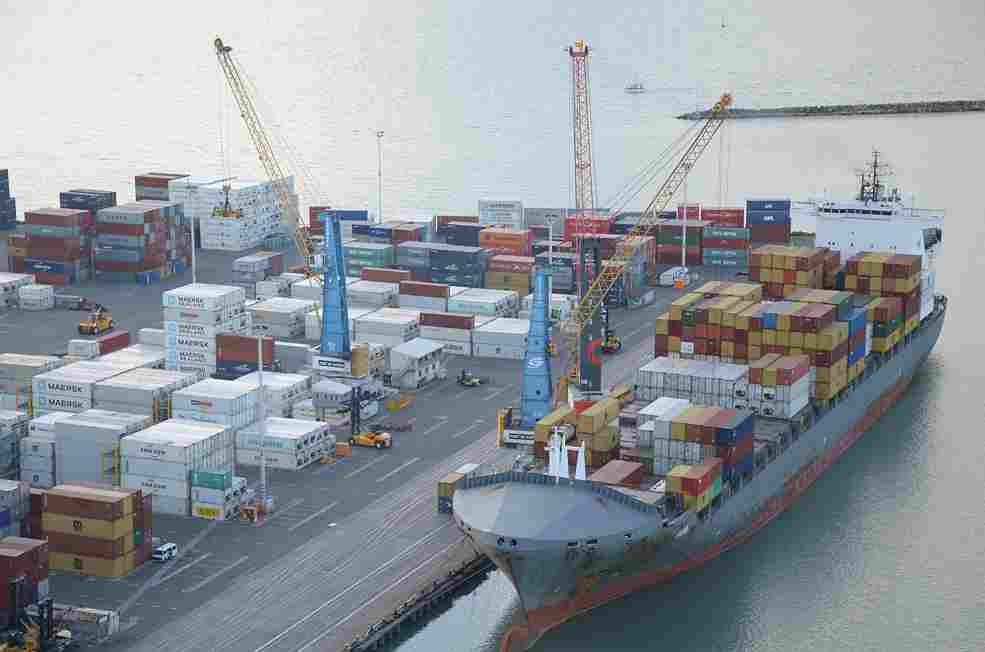
Impact of COVID-19 on the Bunker Fuel Market: A Transformative Period for Maritime Energy
The onset of the COVID-19 pandemic in early 2020 brought unprecedented disruptions to global economies, industries, and supply chains, with the maritime sector and bunker fuel market experiencing significant impacts. As countries implemented lockdowns, travel restrictions, and reduced industrial activities to curb the spread of the virus, the demand for bunker fuel, a critical energy source for maritime shipping, fluctuated dramatically.
Fluctuations in Bunker Fuel Demand and Prices
The pandemic-induced lockdowns led to a sudden decline in global trade and shipping activities, resulting in reduced demand for bunker fuel. With ports operating at reduced capacity and global supply chains disrupted, many vessels faced extended layovers or altered routes, affecting their fuel consumption patterns. This decline in demand exerted downward pressure on bunker fuel prices, with fluctuations observed across different bunker fuel grades and regions.
Operational Challenges for Shipping Companies
Shipping companies faced multifaceted challenges during the pandemic, ranging from crew safety concerns to logistical hurdles in navigating changing port regulations and quarantine measures. Operational disruptions, such as crew shortages and delays in vessel turnarounds, impacted bunker fuel consumption and logistics planning. Moreover, uncertainties surrounding the duration and severity of the pandemic further complicated long-term strategic decision-making for shipping and fuel procurement.
Regulatory and Environmental Implications
Amid the pandemic’s economic uncertainties, regulatory frameworks governing emissions, such as the IMO 2020 sulfur cap, remained in effect. Compliance with these regulations continued to drive the adoption of low-sulfur bunker fuels like Very Low Sulfur Fuel Oil (VLSFO) and Marine Gas Oil (MGO), albeit amid altered market dynamics and economic pressures. The pandemic underscored the importance of environmental sustainability in maritime operations, prompting renewed focus on emission reduction strategies despite short-term market disruptions.
Resilience and Adaptation in the Industry
The pandemic prompted rapid adaptation and resilience within the bunker fuel market and maritime sector. Digitalization and remote monitoring technologies gained prominence, enabling more efficient fleet management and fuel optimization strategies. Shipping companies and bunker fuel suppliers leveraged these technologies to navigate operational challenges, optimize fuel procurement, and enhance supply chain resilience.
Recovery and Future Outlook
As global vaccination efforts progress and economies gradually reopen, the bunker fuel market is poised for recovery, albeit with ongoing uncertainties. The resurgence of global trade and economic activities is expected to drive a gradual rebound in bunker fuel demand. However, lingering impacts such as supply chain disruptions, evolving regulatory landscapes, and shifting consumer behaviors could influence market dynamics in the medium to long term.
Looking ahead, the bunker fuel market is likely to witness continued evolution towards sustainable fuel solutions and digital transformation. Enhanced collaboration among industry stakeholders, innovative technologies, and adaptable strategies will be crucial in navigating future challenges and opportunities in the post-pandemic era. The lessons learned from COVID-19 underscore the resilience of the bunker fuel market and its capacity to adapt to evolving global realities while driving sustainable growth in maritime energy.





